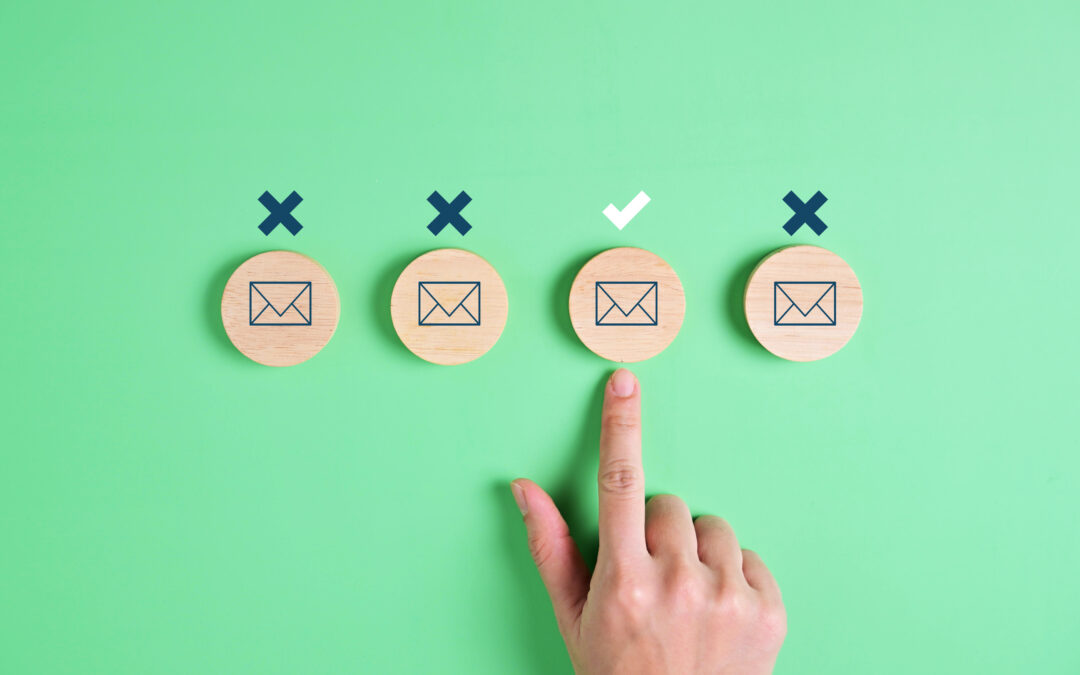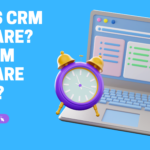Marketing emails remain one of the most powerful tools in digital marketing. Whether you’re building a brand, launching a product, or nurturing customer relationships, email campaigns can drive serious results.
In this in-depth guide, we’ll explore the most common types of marketing emails used by top businesses to engage, convert, and retain customers.
1. Welcome Emails
The first impression matters. Welcome emails are the digital handshake of your brand.
These emails are triggered automatically when a user subscribes to your mailing list. They often include a warm message, a brand story, and sometimes a special offer.
Example:
“Thanks for signing up! Enjoy 10% off your first purchase.”
Best Practice:
Use personalization and set expectations for what type of content they will receive.
Recommended Tool:
Mailchimp offers customizable welcome automation workflows.
2. Promotional Emails
Promotional emails are designed to highlight special offers, sales, product launches, or seasonal deals.
These emails create urgency and encourage users to take immediate action.
Tips for Higher Conversions:
-
Use a strong CTA (Call to Action) like “Shop Now”, “Claim Your Deal”, or “Get It Before It’s Gone”
-
Include eye-catching visuals
-
Add limited-time offers to boost urgency
Use Case:
Black Friday, Cyber Monday, New Product Drop
3. Newsletter Emails
Newsletters are perfect for keeping your subscribers informed. These can include company updates, blog content, industry news, and upcoming events.
A great newsletter nurtures relationships and builds trust over time.
Pro Tip:
Segment your audience and personalize content based on user preferences.
Examples of Platforms:
4. Abandoned Cart Emails
Cart abandonment is a huge issue for eCommerce stores. Fortunately, abandoned cart emails can recover lost revenue.
These emails remind users that they left items behind and often include a discount or free shipping offer.
Example Subject Line:
“Oops! Did you forget something?”
Stats to Note:
According to Barilliance, abandoned cart emails have an average open rate of 45%.
5. Re-engagement Emails
Subscribers go cold sometimes. Re-engagement emails attempt to win them back.
These emails typically ask users if they’re still interested or offer them a reward to return.
Powerful Phrases to Use:
-
“We miss you!”
-
“Here’s a special gift for coming back.”
-
“Still interested? Let us know.”
Why it works:
You’re showing care without being pushy.
6. Transactional Emails
While transactional emails aren’t purely promotional, they are crucial for customer experience.
These include order confirmations, shipping updates, receipts, and password resets.
What Makes Them Powerful:
They have high open rates because users expect them.
Add Value:
Include related product suggestions or a feedback link.
7. Event Invitation Emails
If you’re hosting a webinar, launching a new service, or attending a trade show, an event email helps drive attendance.
What to Include:
-
Time and date
-
Clear agenda
-
Speaker bios (if applicable)
-
Easy RSVP button
Example Tool for Event Email Campaigns:
Eventbrite + Mailchimp integration
8. Survey and Feedback Emails
Listening to your customers is key. Survey and feedback emails help you gather insights to improve products or services.
Pro Tip:
Keep the survey short and offer an incentive like a coupon or entry into a giveaway.
Use Tools Like:
9. Seasonal or Holiday Emails
Capitalize on holidays and seasons to send timely, relevant emails.
These types of marketing emails can significantly increase sales when combined with promotional offers.
Popular Occasions:
-
Christmas
-
New Year
-
Valentine’s Day
-
Back to School
Design Tip:
Use festive colors and themes aligned with the holiday.
10. Announcement Emails
These emails are used for product launches, company changes, policy updates, or big news.
They are often short, clear, and direct.
Subject Line Ideas:
-
“Introducing our new feature!”
-
“We’re growing – see what’s new.”
-
“Big news from [Your Brand Name]”
How to Write High-Performing Marketing Emails
Now that you know the types, let’s cover best practices for high open and click-through rates.
✅ Write Killer Subject Lines
Your subject line is the first (and sometimes only) thing people see. Make it engaging, relevant, and urgent.
Examples:
-
“Last Chance to Save 30%”
-
“Your VIP Invite Awaits”
-
“Just Dropped: Our Newest Collection”
✅ Keep It Short and Actionable
Nobody has time to read a novel. Use short paragraphs, bullet points, and strong CTAs.
✅ Segment Your List
A segmented email list performs better. Send different emails based on demographics, behavior, or past purchases.
✅ Test and Analyze
Use A/B testing to find what works. Analyze metrics like open rate, CTR (Click-Through Rate), and conversion rate.
Suggested Tools:
Why Email Marketing Still Dominates
Email delivers a $42 return on every $1 spent, according to DMA.
Unlike social media, you own your list. That means no algorithms limiting your reach.
Final Thoughts
Whether you’re a startup or a Fortune 500 company, mastering these types of marketing emails can boost brand loyalty and sales.
Consistency is key. Automation helps. Personalization wins.
Ready to supercharge your email campaigns? Start with these strategies and watch your engagement skyrocket.













